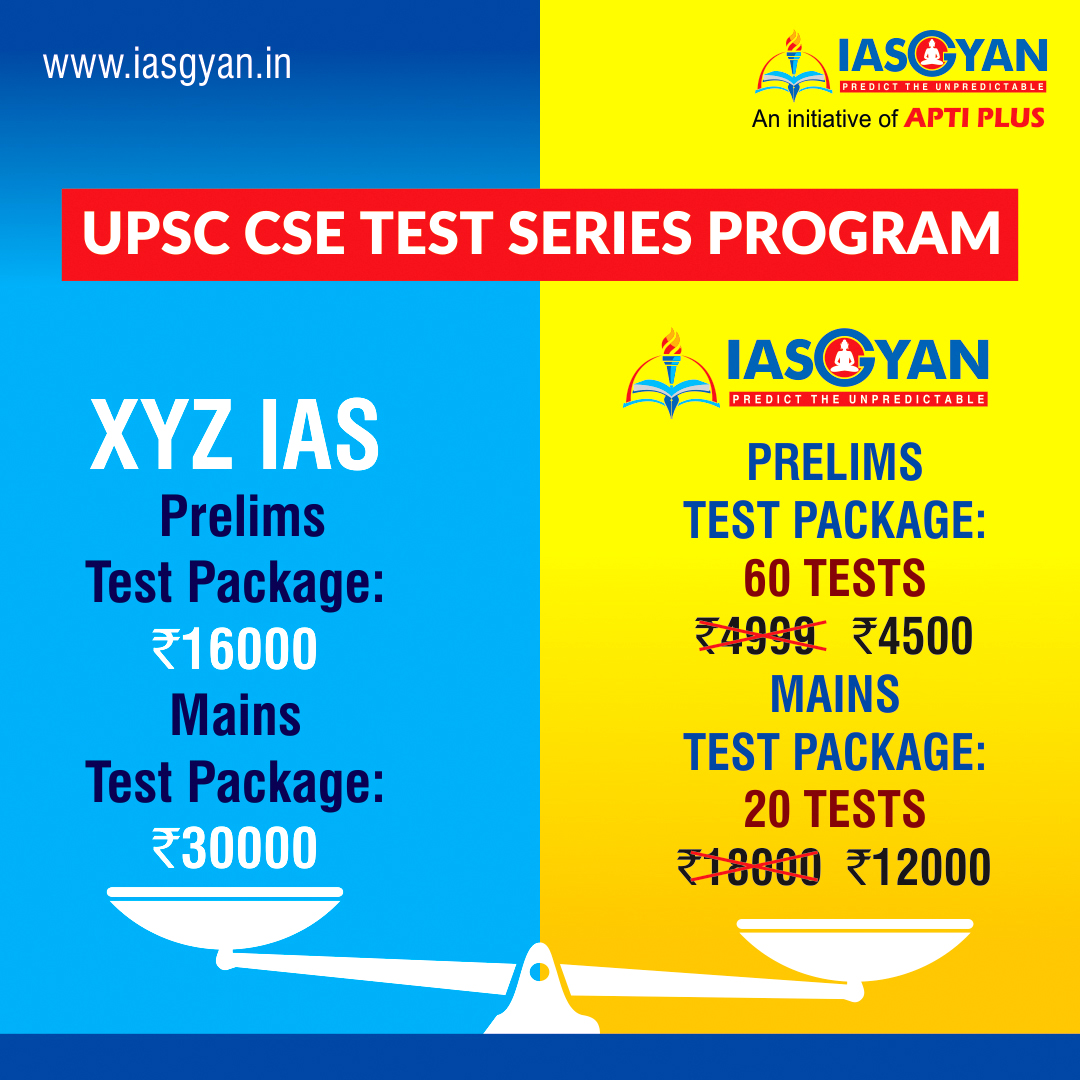WHAT SHOULD BE THE APPROACH TO PREPARE WORLD HISTORY FOR UPSC CSE MAINS?

UPSC NOTIFICATION mentions that “The main Examination is intended to assess the overall intellectual traits and depth of understanding of candidates rather than merely the range of their information and memory. The nature and standard of questions in the General Studies papers (Paper II to Paper V) will be such that a well-educated person will be able to answer them without any specialized study. The questions will be such as to test a candidate’s general awareness of a variety of subjects, which will have relevance for a career in Civil Services. The questions are likely to test the candidate’s basic understanding of all relevant issues, and ability to analyze, and take a view on conflicting socio-economic goals, objectives and demands. The candidates must give relevant, meaningful and succinct answers.”
The scope of the syllabus for optional subject papers (Paper VI and Paper VII) for the examination is broadly of the honours degree level i.e. a level higher than the bachelors’ degree and lower than the masters’ degree. In the case of Engineering, Medical Science and law, the level corresponds to the bachelors’ degree. Historical knowledge is a must for civil servant as after acquiring it, one can make better decisions in life as history makes one familiar with the past and contemporary events.
World History forms a part of the PAPER-II of UPSC CSE Mains: General Studies-I : Indian Heritage and Culture, History and Geography of the World and Society. The syllabus mentioned is, “History of the world will include events from 18th century such as industrial revolution, world wars, redrawal of national boundaries, colonization, decolonization, political philosophies like communism, capitalism, socialism etc.— their forms and effect on the society.”
- The UPSC has mentioned the world history syllabus very briefly. Therefore, most of the questions in the main examination seem to be asked from outside the syllabus.
- Due to this reason, there is a need to strategize the preparation very intelligently.
- one of the ways is to go through the world history syllabus of the history optional to gain an overall understanding of the topics that may be asked.
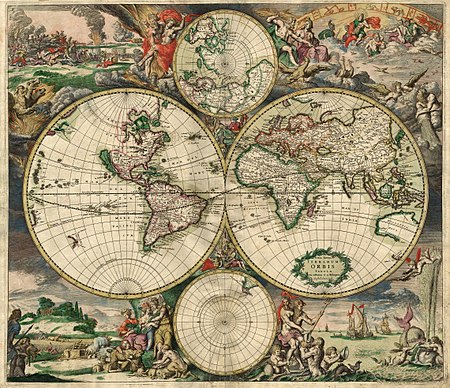
Here we have mentioned the main themes that need to be covered from the examination point of view.
TOPICS:
- Feudalism, Church, Change, Modern Era, Glorious Revolution
- American Revolution
- French Revolution and Rise of Napoleon
- Nationalism: Rise and Impact
- Unification of Germany and Italy
- Industrial Revolution
- Colonialism (Africa, Pacific, Central and West Asia, China) and Imperialism (Japan and US)
- World War 1 and Preceding Events
- Impact of World War 1 and League of Nations
- Events from 1919 - 39
- World War 2 and its Impact
- Different Socio Economic System: Russia, India, China
- Italy: Rise of Mussolini and Fascist
- Germany and Rise of Hitler
- Nazism and Fascism
- Cold War
- Europe after 1945, EU
- Decolonisation in different parts of the world
- NAM
- South Africa Apartheid
- Relations between France, Germany, USSR, Britain
- US Foreign Policy
- Important conflicts like Israel-Palestine, Iran-Iraq war, Middle East crisis etc.
It is also important to see how UPSC has been asking questions from this part of the syllabus.
PAST YEAR TRENDS IN UPSC CSE MAINS:
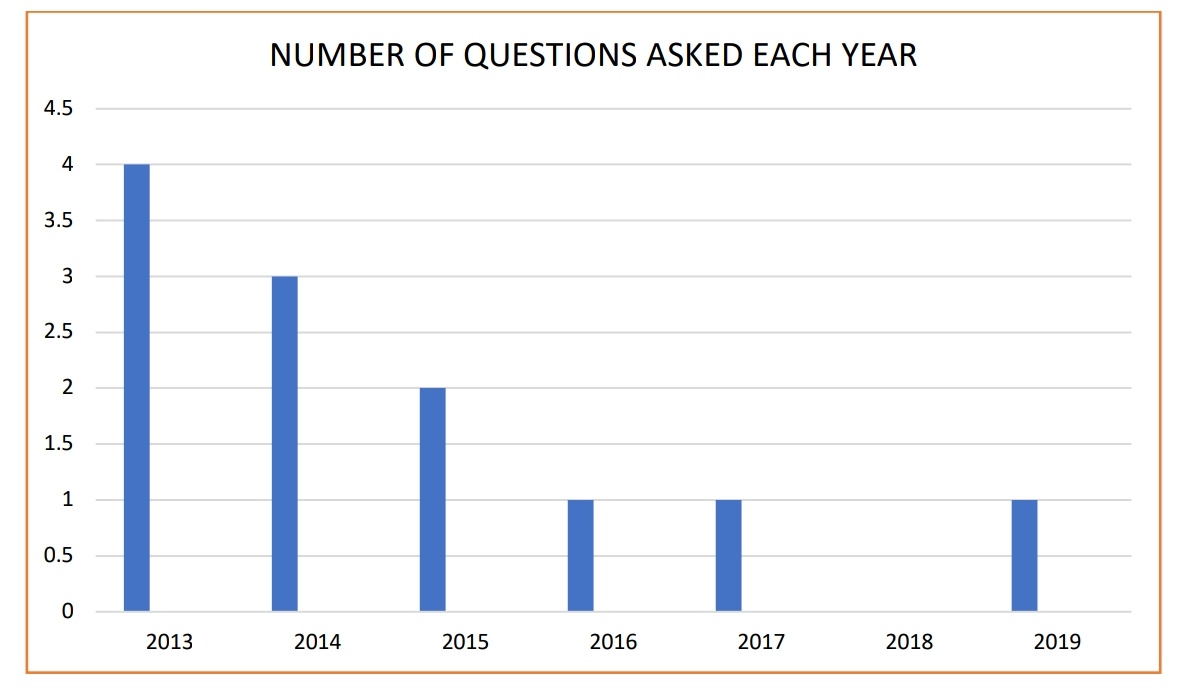
Analysis of the trend:
- From the trends it can be seen that in the past seven years very few questions are asked from this section.
- Therefore, ROI should be kept in mind while preparing for this section.
- However, it should be kept in mind that leaving the section altogether is not an option at all.
- UPSC is known for its uncertainty and surprises.
- Further, the importance of this section in GS 2 and interview stage of the exam highlights that the section should be well prepared.
- Further, it should be noted that questions that are asked require an analytical approach rather than mere focus on facts and figures. For example, consider the question asked in 2019 mains: it asked how American and French revolutions laid the foundation of modern world. The question demands that the aspirant should analyse the causes and results of the two events. This implies that the nature of the questions asked may not be direct.

Now coming to the sources that need to be followed.
SOURCES:
- Story of civilisation part 1 and part 2 (Arjun Dev) old NCERT book
- World History book by Krishna Reddy
- Mastering World History by Norman Lowe
- Notes of Apti Plus Academy for Civil Services
- IGNOU study material
- VISION IAS Notes
Considering the trend, it would be wise not to spend too much time and energy for in-depth study of World History. However, no aspirant should go unprepared for any portion of the syllabus. If an aspirant has a year before appearing for Prelims, he can go through the Story of Civilization Part-I & Part-II (Arjun Dev) old NCERT book and then move to any one out of the mentioned sources But if the aspirant is only starting to prepare for the world history after Prelims, he/she should only consider reading the Story of Civilization Part-I & Part-II (Arjun Dev) old NCERT book Vision IAS thoroughly.
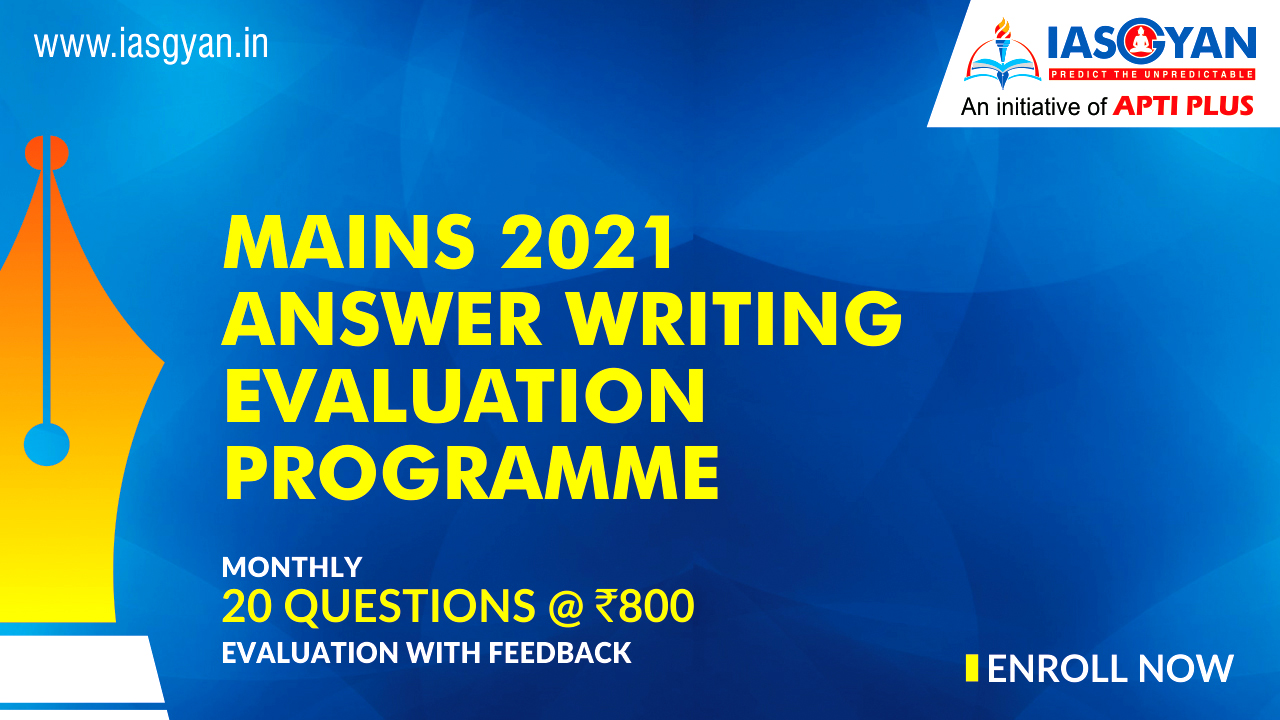
THINGS TO KEEP IN MIND:
- UPSC has not elaborated the syllabus much.
- For comprehensive preparation, the syllabus has to be redrawn intelligently.
- A smart way would be to go through the topics mentioned in the History optional and to prepare them from a generalist point of view without going into much depth.
- Aspirants are required to follow a more generalist approach to tackle world history.
- Preparation should include understanding thoroughly the basics of each and every topic coupled with inter and intra topic linkages. Else, the aspirants will fail to answer the questions.
- Try to cover as much aspects possible while answering any question by creating linkages.
- Try to make the answer different from others by connecting it with India.
- Make use of paragraphs as well as points.
- Wherever it is possible make use of maps and other visual representation.
- Minute details from World History are not expected in UPSC Mains, and a more generalistic approach is advised.
- Don’t focus too much on facts and figures, but try to develop an analytic frame of mind focused on causes and results.
- Do not be in a hurry or sit down to mug up topics. Move systematically and focus on strengthening your basics.
- As far as memorizing is concerned, focus should not be on the incidents, period and place. Your emphasis should be on the reason behind the incident and the beginning of the historical event.
- Check for the historical events in news recently and try to connect the dots with the contemporary happenings.
- It is worth mentioning that after 2013, the difficulty level of the main paper has gradually decreased.
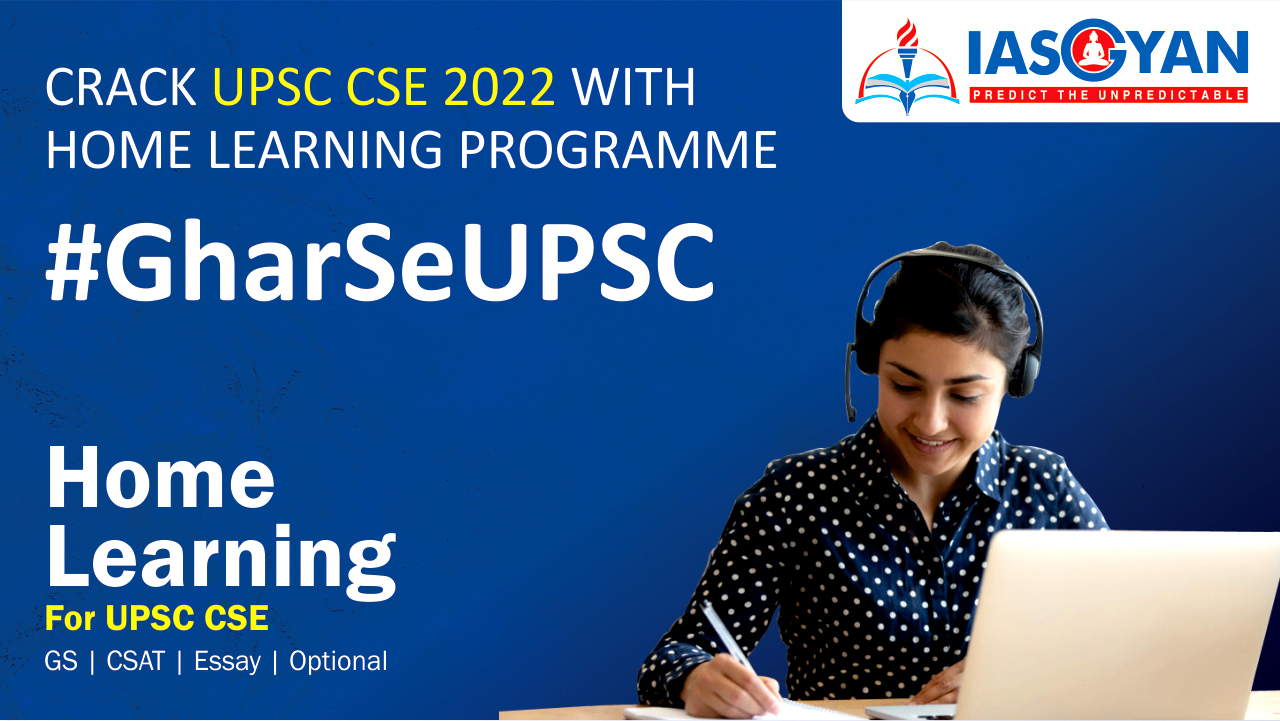
PREVIOUSLY ASKED QUESTIONS IN CSE (2013-onwards)
2013
- What policy instruments were deployed to contain the great economic depression?
- American Revolution was an economic revolt against mercantilism. Substantiate.
- Africa was chopped into states artificially created by accident of European competition. Analyse.
- “Latecomer” Industrial revolution in Japan involved certain factors that were markedly different from what west had experience.
2014
- The New Economic Policy – 1921 of Lenin had influenced the policies adopted by India soon after independence. Evaluate.
- What were the events that led to the Suez Crisis in 1956? How did it deal a final blow to Britain’s self-image as a world power?
- What were the major political, economic and social developments in the world which motivated the anticolonial struggle in India?
2015
- To what extent can Germany be held responsible for causing the two World Wars? Discuss critically.
- Why did the industrial revolution first occur in England? Discuss the quality of life of the people there during the industrialization. How does it compare with that in India at present?
2016
- The anti-colonial struggles in West Africa were led by the new elite of Western-educated Africans. Examine.
2017
- What problems are germane to the decolonization process in the Malay Peninsula?
2019
- Explain how the foundations of the modern world were laid by the American and French revolution.
The questions asked are related to implications of key events of world history at global level - like world wars, financial crisis of 1929 etc. Further, evolution of key political ideologies and their impact on global politics - socialism, communism, democracy etc, differences between them, their evolution has been asked. Some are related to key events which changed geo-political environment of world - unification of Germany, unification of Italy (role of key individuals in these events).
As not much questions have been asked in the last couple of years, aspirants are expected to refine their strategy accordingly without wasting time, energy and other resources. But keep in mind no topic or section or part of syllabus should be left uncovered. Overall, an aspirant should not give too much time to world history part as the syllabus of the GS mains paper -1. Instead, that time can be utilized in other areas of history.
Happy Learning!
